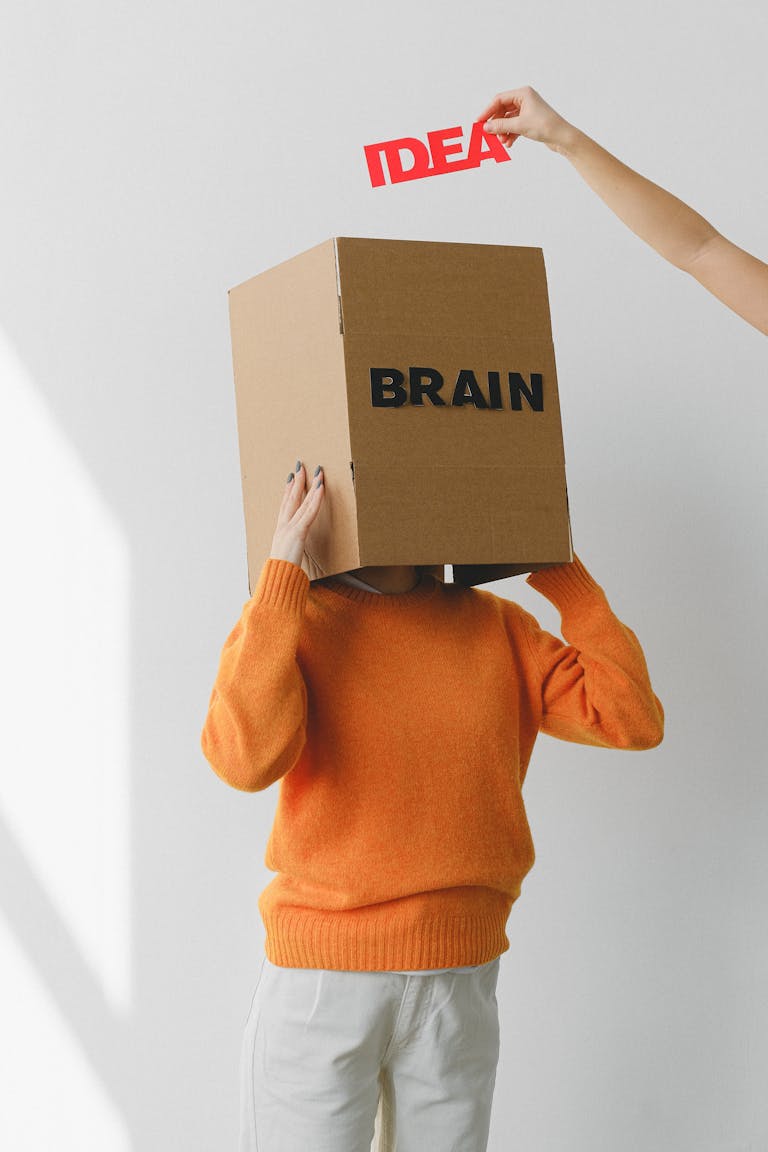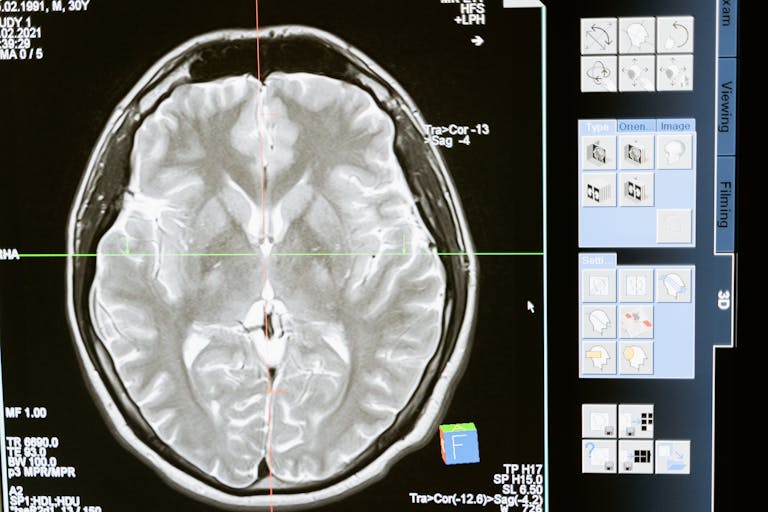Introduction to Personality Types: Understanding Type A, B, and C Personalities
Introduction
Personality is a complex, multifaceted aspect of human psychology, influencing behaviour, decision-making, and emotional well-being. One of the most popular frameworks for understanding different personality types categorizes individuals into three broad groups: Type A, Type B, and Type C. Each personality type is associated with specific traits, behaviours, and tendencies that impact everything from workplace dynamics to mental health and personal relationships.

Why Understanding Personality Types Matters
Understanding these personality categories can be valuable not only for personal insight but also for improving interpersonal relationships, professional performance, and mental health. Employers can benefit from recognizing how different personalities function in the workplace, while individuals can use this knowledge to develop coping mechanisms or communication strategies that align with their traits.
For counsellors and psychologists, understanding the nuances of these personality types can provide deeper insights into clients’ emotional and behavioural patterns, enabling more tailored and effective interventions.
Type A, B, and C Personalities
Type A Personality
The Type A personality is often described as ambitious, driven, and highly competitive. Individuals with this personality type tend to be goal-oriented, focused, and frequently experience a sense of urgency. They may thrive in high-pressure environments but are also more prone to stress, impatience, and anxiety.
Key Traits of Type A Personality:
- Highly organized and efficient
- Competitive and achievement-focused
- Often feels “pressed for time”.
- Prone to multitasking
- May struggle with relaxation.
From a mental health perspective, Type A individuals are more susceptible to stress-related conditions like high blood pressure and heart disease. The constant pressure to perform and succeed can take a toll on their physical and mental well-being if not managed effectively.
Type B Personality
In contrast to the Type A personality, Type B individuals are more relaxed, patient, and easy-going. They generally approach life at a slower pace and are less driven by competition or urgency. Type B personalities are more likely to prioritize enjoyment and emotional well-being over external achievements.
Key Traits of Type B Personality:
- Calm and relaxed demeanour
- Tolerant and patient
- Less likely to feel time pressure.
- More focused on living in the moment
- Adaptable and open to change
Type B personalities are less likely to experience chronic stress and are often better at handling setbacks or failures. They may not feel the need to prove themselves constantly, which can contribute to a more balanced and emotionally healthy lifestyle.
Type C Personality
The Type C personality is characterized by a tendency to suppress emotions, avoid conflict, and prioritize order and structure. While Type C individuals are often dependable and detail-oriented, they may struggle with emotional expression and repress feelings of anger or frustration. This can lead to stress and, in some cases, health issues.
Key Traits of Type C Personality:
- Emotionally restrained.
- Prefers structure and routine.
- Avoids confrontation or expressing negative emotions.
- Often perfectionistic
- Dependable and detail-focused
Type C individuals are often seen as the “peacekeepers,” avoiding conflict at all costs. However, their tendency to suppress emotions can lead to long-term mental health challenges, such as depression or anxiety, especially if emotional needs are not addressed.
Comparing Type A, B, and C Personalities
Each of these personality types brings its own strengths and challenges. Type A personalities tend to be high achievers but may suffer from burnout. Type B individuals are typically more relaxed and content but may lack the urgency to achieve specific goals. Type C personalities are reliable and emotionally controlled but may struggle with stress due to emotional repression.
Understanding these personality types can help individuals recognize their own patterns of behaviour and make adjustments to improve their mental and physical well-being. While personality is a relatively stable aspect of who we are, awareness and psychological interventions can help mitigate the risks associated with certain traits, such as Type A stress or Type C emotional suppression.
Conclusion
Personality types like A, B, and C offer a simplified yet useful framework for understanding human behaviour. While not definitive or exhaustive, they provide insight into how individuals react to stress, set goals, and manage relationships. By recognizing the strengths and weaknesses inherent in each type, people can take steps to live more balanced, emotionally healthy lives.
By exploring these types through a scientific lens, it becomes easier to understand how personality impacts our mental and emotional health. As this article demonstrates, knowing one’s personality type can be an essential first step in optimizing personal well-being and improving relationships.
References
Friedman, M., & Rosenman, R. H. (2015). Personality Types and Health Outcomes.
Smith, J. D. (2017). Personality and Its Impact on Workplace Stress: A Review.
Wong, P. T. P. (2019). A Study on Emotional Suppression and Health: Insights for Type C Personalities.







